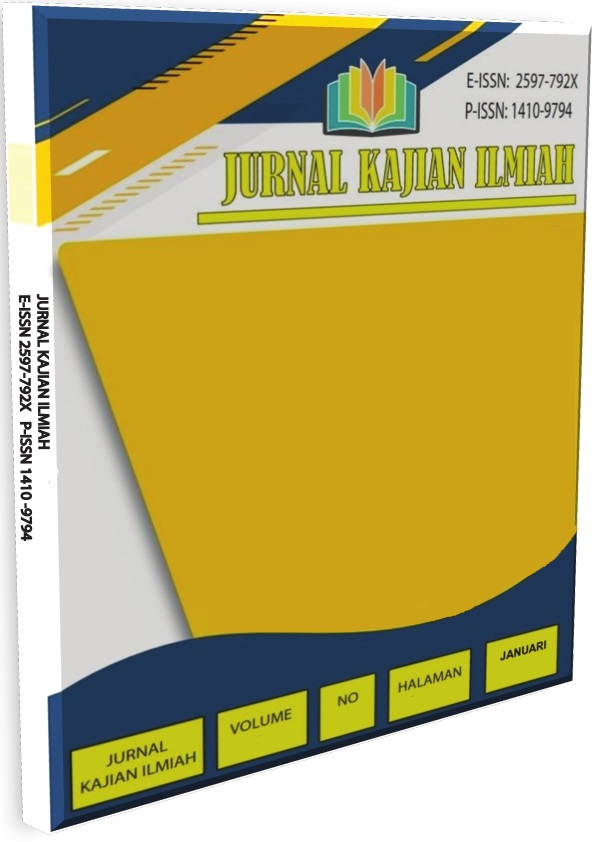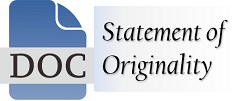Pentingnya Pengaturan Delik Perdagangan Pengaruh (Trading In Influence) Pada Undang-Undang Tindak Pidana Korupsi Di Indonesia
DOI:
https://doi.org/10.31599/j9adz546Keywords:
: Law enforcement, Legal vacuum, Influence TrandingAbstract
The event of democracy in Indonesia will soon occur in 2024. Related to that, the offense of Trading in Influence will arise with the existence of corruption committed by officials/State Organizers and other related parties accompanied by bribery due to having that power/influence. However, this offense does not yet exist in the existing and clearly regulated corruption law. The offense of trafficking in influence is contained in the law resulting from the ratification of the United Nations Convention Against Corruption (UNCAC) in 2003. Since it does not yet exist, the offense of bribery and/or gratification is used which is in accordance with the facts that occurred and was indicted by the Public Prosecutor. The judge decides according to what was indicted and the facts revealed at trial. So that there is a need for a criminal offense or criminalization of trading in influence and its legal arrangements in corruption in Indonesia. The method used is normative juridical with an approach to legislation, conceptual and case from existing secondary data from corruption cases that occurred in the Corruption Court's decision at the Central Jakarta District Court. So by setting up an independent influence trade offense, in addition to taking firmer action, it also prevents the occurrence of the corruption offense through detailed rules and heavier sanctions as well as law enforcement without favoritism/selectiveness that is carried out consistently so that legal objectives are obtained in the form of legal certainty. and justice.
Downloads
References
Amiruddin, & Asikin, Z. (2012). Pengantar Metode Penelitian Hukum. Raja Grafindo Persada.
Anderti, L. (2021). , Metodelogi Penelitian & Analisis Data Comprehensive. Insania.
Andira, A. (2021). Problematika Penerapan Belajar Dari Rumah Anak Usia Sekolah Dasar Pada Masa Pandemi Covid-19 di Desa Tanjung Tebat Kabupaten Lihat [Institut Agama Islam Negeri Bengkulu]. In Jurnal Aplikasi Teknologi Pangan (Vol. 4, Issue 1). http://www.ejurnal.its.ac.id/index.php/sains_seni/article/view/10544%0Ahttps://scholar.google.com/scholar?hl=en&as_sdt=0%2C5&q=tawuran+antar+pelajar&btnG=%0Ahttps://doi.org/10.1016/j.jfca.2019.103237
Astuti, I., Pd, S., & Artikel, S. (2014). Politik Hukum Undang-Undang Pemberantasan Tindak Pidana Korupsi. Forum Ilmu Sosial, 41(2), 169–183.
Bunga, M., Maroa, M. D., Arief, A., & Djanggih, H. (2019). Urgensi Peran Serta Masyarakat Dalam Upaya Pencegahan Dan Pemberantasan Tindak Pidana Korupsi. Law Reform, 15(1), 85. https://doi.org/10.14710/lr.v15i1.23356
Fariz, D., Sjafrina, A., Sari, E. P., & Herawan, W. N. (2014). Kajian Implementasi Aturan Trading in Influence Dalam Hukum Nasional. 1–56.
Lawrencya, S. (2023). Telaah Unsur Delik Trading In Influence dalam Pembaharuan Hukum Pidana di Indonesia. Al-Adl : Jurnal Hukum, 15(1), 193. https://doi.org/10.31602/al-adl.v15i1.6178
Membalik, C., Sumampow, J., & Mamangkey, R. (2022). Penegakan Hukum Terhadap Tindak Pidana Pencucian Uang Dari Hasil Korupsi Ditinjau Dari Delik Pidana Dan Undang-Undang Nomor 8 Tahun 2010. Lex Privatum, 10(4).
Nurdin, I., & Hartati, S. (2017). Metodelogi Penelitian Sosial. Media Sahabat Cendekia.
Supanji, A., Purnawati, A., & Muliadi. (2003). Analisis Trading In Influence Dalam Undang – Undang Tindak Pidana Korupsi. Kolaboratif Sains, 2(1), 1851–1861.
Wardani, Koko Arianto, S. E. W. (2017). Kebijakan Formulasi Hukum Pidana Mati Terhadap Pelaku Tindak Pidana Korupsi Di Indonesia. Hukum Khaira Ummah, 12(4), 951–958. http://lppm-unissula.com/jurnal.unissula.ac.id/index.php/jhku/article/viewFile/2571/1928
Wibiyono, A. (2017). Tindak Pidana Korupsi Sebagai Kejahatan Transnasional Menurut Undang-Undang Nomor 7 Tahun 2006 Tentang Konvensi Pbb Anti-Korupsi, 2003. Lex Privatum, V(10), 1–23.












_-_Copy1.jpg)




